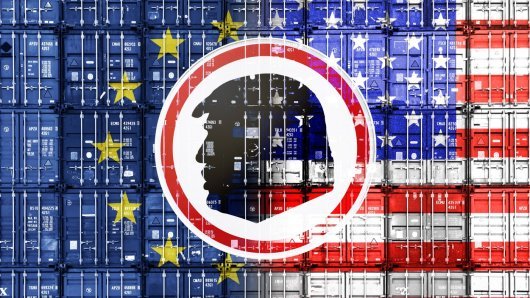Bosnian Foreign Trade and Economic Relations Minister Mirko Sarovic has said that after 1 July 2013, when Croatia joins the European Union, it will not be able to retain the current duty-free trade model with Bosnia and Herzegovina.
"Regardless of the fact that we will be exposed to a certain pressure, we have the right and a legitimate interest to protect the domestic market and domestic output in negotiations, because the country's current state of the economy doesn't allow a liberalisation of the market beyond the one agreed with the Stabilisation and Association Agreement," Sarajevo's Oslobodjenje quoted Sarovic as saying in Tuesday's issue.
He said that because of Croatia's EU accession, negotiations with the EU could be expected on additional trade protocols, but "Bosnia must show that it has a defined economic and agricultural policy."
After Croatia's EU accession, the weakened Bosnian economy will need the state's support to protect itself from much more competitive imports from EU countries, Sarovic said.
Oslobodjenje says that because of the EU entry, Croatia has embarked on a sort of diplomatic offensive aimed at retaining the current privileges, such as the duty-free export of its goods in accordance with a free trade agreement signed by Central European Free Trade Agreement countries.
The daily says this will mean a considerable increase in the prices of Croatian food products on the Bosnian market which, on the other had, could be an opportunity for domestic companies.



































